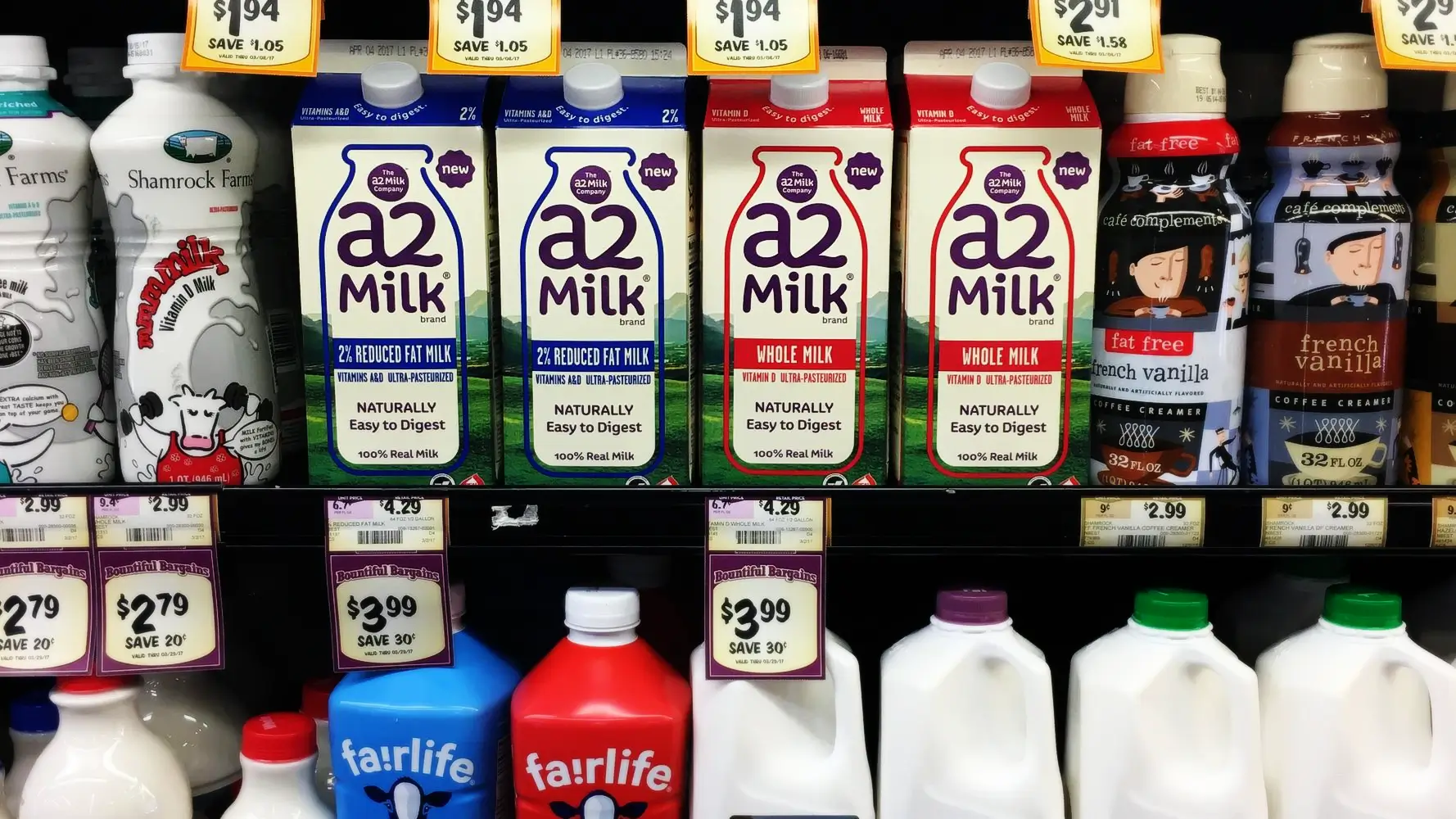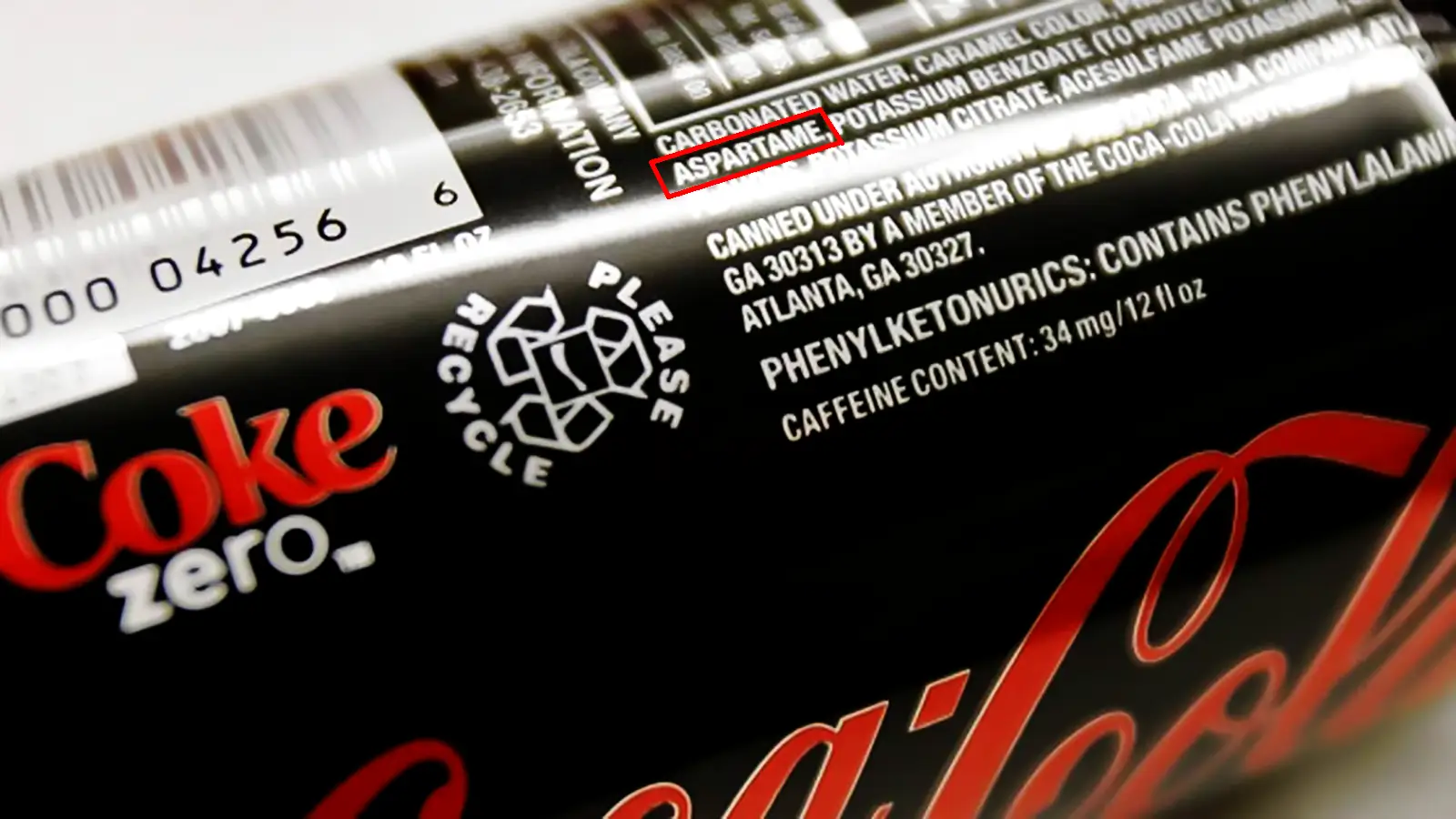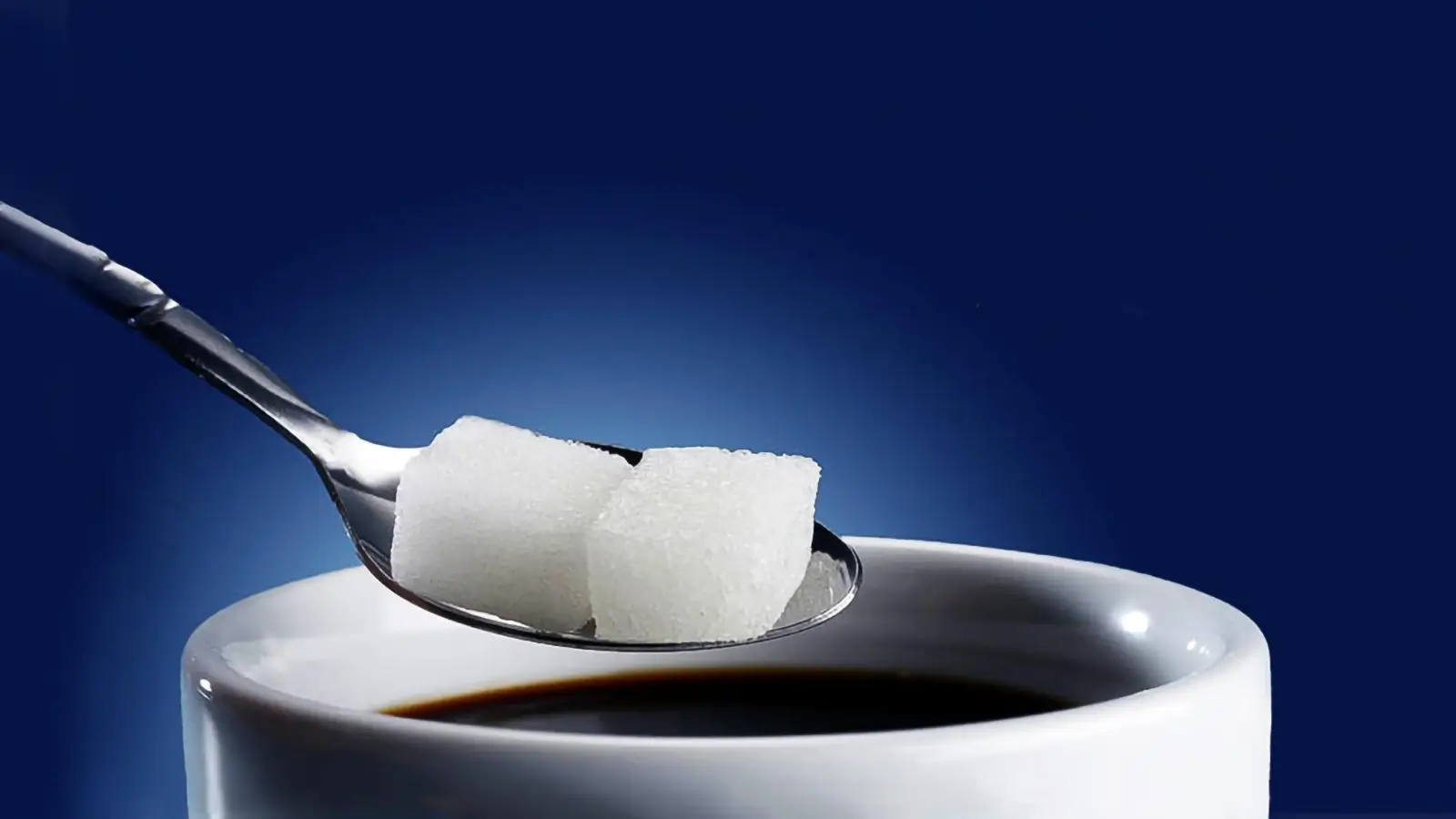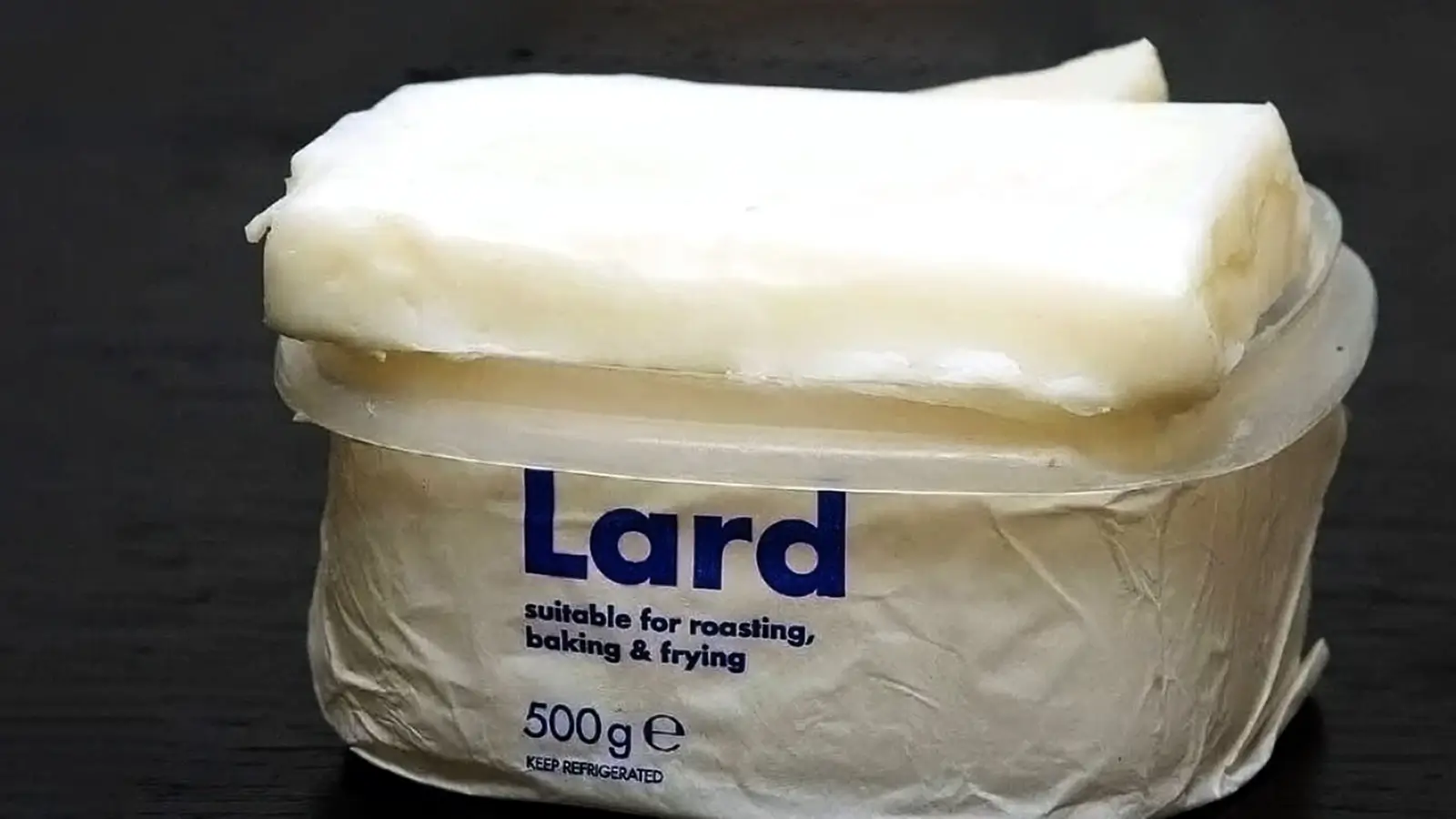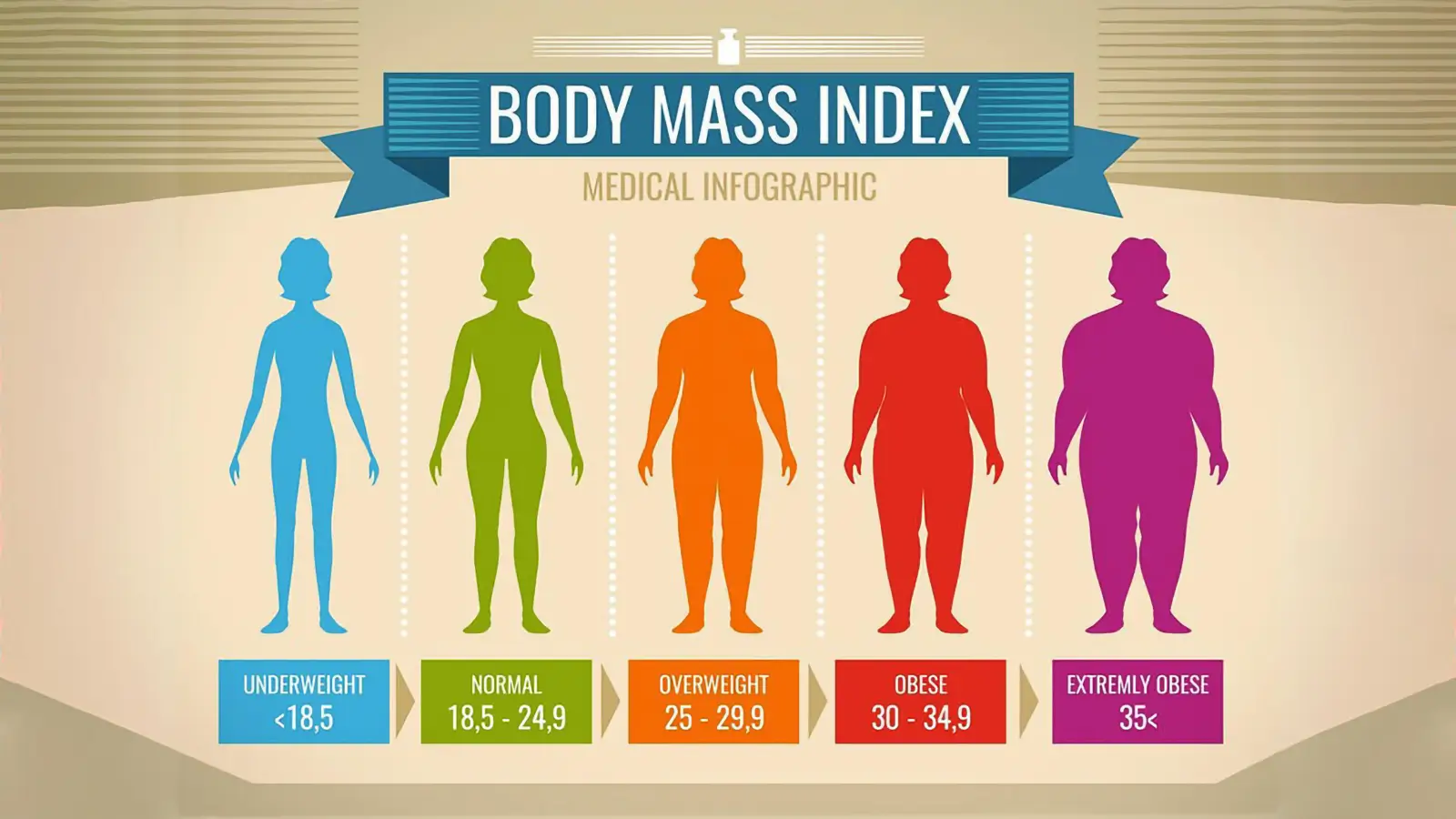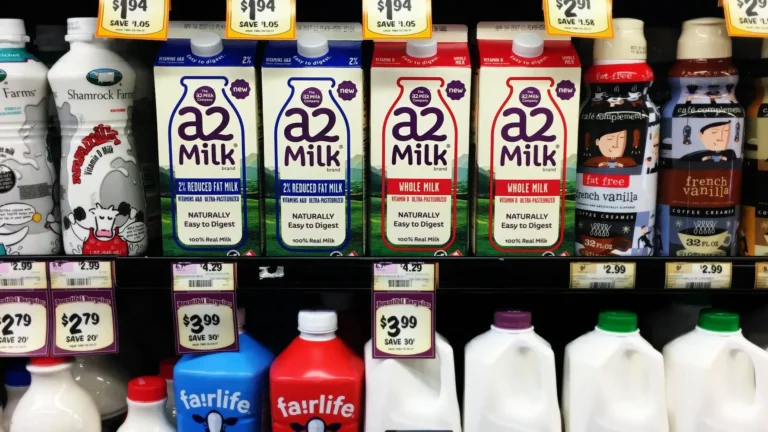Adoçantes artificiais - Compreender as noções básicas
Os edulcorantes artificiais são produtos químicos sintéticos não naturais e teremos de analisar a ciência disponível para compreender os potenciais efeitos que estes produtos químicos podem ter na saúde.
Milos Pokimica
Escrito por: Milos Pokimica
Revisto Clinicamente Por: Dr. Xiùying Wáng, M.D.
Actualizado em 28 de Maio, 2023Skyrocketing levels of chronic diseases especially diabetes had pushed the industry to start to research healthy alternatives to sugar not just in the form of diabetes-friendly products but for the general population as well. Health conciseness and understanding in the broad public sense of what nutrition-deprived food or “junk food” is pushed the industry not just to find chemicals that are sweet but also to find chemicals that do not have any calories in them. For the industry, it would be a much easier job just to find sugar alternatives in the form of healthier sugar substitutes with calories but that is not what drives profit. Actually, we have seen a trend that is completely in reverse of just adding more and more fructose from corn production that is cheap to sodas and other products. The situation currently is that every individual that wants to optimizar a sua dieta mesmo que tenha diabetes, terá de o fazer por conta própria após ter examinado toda a informação e ciência e propaganda conflituosas. O problema é que todos sabemos que uma percentagem muito pequena de nós o fará de facto.
The situation today is that sugar is everywhere, especially fructose, and if you want something that is still sweet and has no calories you can use artificial sweeteners.
Os edulcorantes artificiais são produtos químicos e não são da natureza, pelo que temos de analisar a ciência disponível para compreender os potenciais efeitos para a saúde ou outros efeitos que estes produtos químicos possam ter.
O primeiro problema é que não são açúcar, por isso, mesmo que sejam doces, isso é apenas o sabor. O açúcar é mais do que apenas o sabor. É um neuroquímico libertador de dopamina que afecta todos os aspectos do nosso comportamento. Por exemplo, se tiver hipoglicémia e começar a tremer e se sentir enjoado, os adoçantes artificiais não farão nada por si.
Devido a estes adoçantes artificiais não têm o efeito desejado ao mesmo nível no cérebro se não forem excitotoxinas ao mesmo tempo. Para substituir verdadeiramente os efeitos neurológicos do açúcar, teremos de utilizar excitotoxinas que são doces.
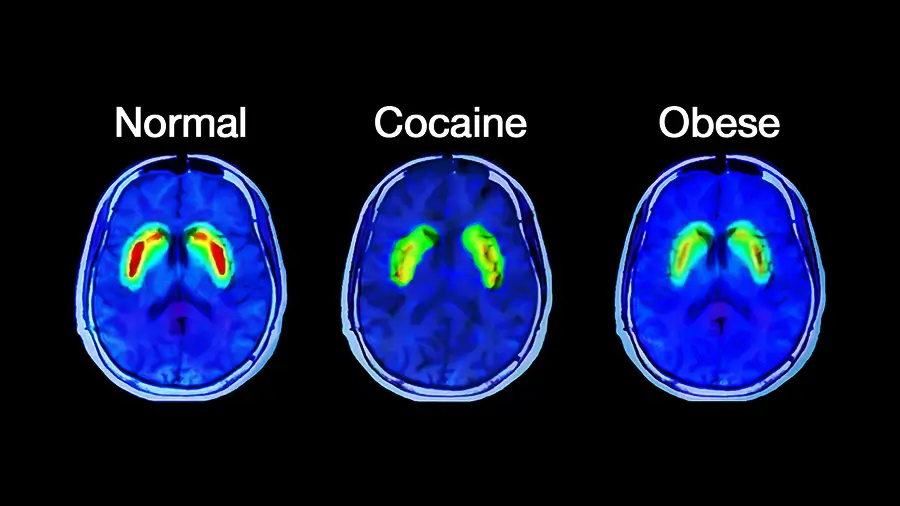
Stevia pode tornar as coisas doces mas não terá um efeito dopaminérgico no cérebro como o açúcar e especialmente a combinação açúcar-gordura, pelo que normalmente não seria satisfatório como chocolate ou gelado. Terá ainda um efeito de simulação, mas apenas por um curto período de tempo.
A indústria precisa de combinar açúcar e gordura ou utilizar produtos químicos excitotoxínicos para lhe dar uma sensação de saciedade total da dopamina. A combinação de açúcar e gordura e especialmente a combinação de açúcar e gordura refinada não existem na natureza, pelo que o nosso cérebro não está habituado a elas. Trata-se de algo conhecido como estímulos supernormais. Os edulcorantes artificiais precisam de ser produtos químicos libertadores de dopamina para simular completamente o açúcar refinado.

Esta é a razão, por exemplo, porque a Coca-Cola só usa aspartame (que é excitotoxina) no Coque Zero.
Os açúcares artificiais são bons para a indústria de outras formas. Podem comercializar os produtos como baixo ou zero calorias, saudáveis, dietéticos, etc., mas isso é o oposto do que acontece. A primeira coisa que acontece quando o nosso cérebro regista a sensação de doçura na nossa boca é a mesma coisa que aconteceu em milhões de anos de evolução, e que é dizer para o comer e gostar dele. O cérebro não sabe que essa coisa na nossa boca é um refrigerante dietético. Pensa que é alguma fruta doce e vai aumentar o seu apetite e dar-lhe desejo para que o possa comer rapidamente e enquanto ainda pode antes que algum tigre apareça. Agora há outro mecanismo que lhe dirá para parar de o comer antes de comer em excesso porque se comer em excesso, poderá não conseguir fugir do tigre. Sempre que comemos há um mecanismo de saciedade que nos dirá quando já comemos o suficiente.
Com edulcorantes artificiais não calóricos, estamos desconectados.
Temos o estímulo da doçura que vai para o nosso cérebro mas nenhum efeito supressor de apetite das calorias que entram no nosso sistema. Vai deixar-nos a querer mais. E porque o estímulo é inferior a uma refeição completa de açúcar gordo, o a sensação é apenas temporária. Pode sentir-se bem a beber refrigerante dietético, por exemplo, mas assim que parar e os sinais de sensação doce pararem o seu cérebro voltará a detectar a fome.
Estudos que foram feitos geralmente descobriram que o sabor doce, quer seja produzido por açúcar ou por edulcorantes artificiais, aumenta o apetite humano.
This revved-up appetite will have led us to overeat even more than we would have without diet soda and end up gaining weight. There is a well-known fact in the industry that came from several large-scale prospective cohort studies that there is a positive correlation between artificial sweetener use and weight gain. While people often choose “diet” or “light” products to lose weight, research studies suggest that artificial sweeteners may actually contribute to weight gain.
The most common explanation that the industry likes to use for this counterintuitive finding is what’s called reverse causation.
As pessoas não são gordas porque bebem refrigerantes dietéticos. Bebem refrigerantes dietéticos porque são gordos. Portanto, os refrigerantes diet não têm nada a ver com isso. É a sua dieta geral que é má. E concordo com isso, mas, como sempre, há mais.
O Estudo do Coração de San Antonio, por exemplo, examinou 3.682 adultos durante um período de sete a oito anos na década de 1980. Quando comparado com o índice inicial de massa corporal (IMC), género, etnia e dieta, os bebedores de bebidas artificialmente adoçadas apresentavam consistentemente IMCs mais elevados no seguimento, com dose dependente da quantidade de consumo. A adição de bebidas artificialmente adoçadas apenas os encorajava a comer mais. Observações semelhantes foram também relatadas em estudos com crianças.
In nutrition science, there is a psychological effect known as “overcompensation for expected caloric reduction.”
If you covertly replace someone’s soda for a diet one or some candy with a non-sugary one without the target knowing it, his or her caloric intake drops. But people who knowingly are consuming artificial sweeteners may end up eating more calories because of overcompensation that comes along later. One of the studies involved giving people an artificially sweetened cereal for breakfast, but only half were told (Mattes, 1999). If there is a lunchtime, the group that understood they have an artificially sweetened cereal ate significantly more calories overall than those that didn’t know.
The only ones that can lose weight on “light“ and “diet“ food products are the ones that don’t realize that they are drinking or eating them.
In the meantime, because they do know they will just eat more of the “light” products and will spend more and more money on them without losing any weight. And this is just the psychological side.
Há também uma componente fisiológica. Os animais procuram alimentos para satisfazer o desejo inerente de doçura, mesmo na ausência de necessidades energéticas. A falta de satisfação completa alimenta ainda mais o comportamento de procura de alimentos. A redução na resposta de recompensa pode contribuir para a obesidade, especialmente porque os edulcorantes artificiais não activam as vias de recompensa alimentar da mesma forma que os edulcorantes naturais e especialmente não uma combinação de açúcar e gordura a que a maioria das pessoas está habituada. Há mais uma coisa. Sair completamente do açúcar e comer alimentos naturais com edulcorantes artificiais adicionados são novamente problemáticos porque os edulcorantes artificiais, precisamente por serem doces, encorajam o desejo de açúcar e a dependência do açúcar. Eles condicionam o cérebro ao nível de doçura desejado e comer alimentos regulares parece não ser satisfatório ou mesmo amargo ou azedo. A intensidade doce dos alimentos normais não adoçados é percebida como inferior, porque a exposição repetida treina a preferência pelo sabor.
A strong correlation exists between a person’s customary intake of a flavor and his preferred intensity for that flavor.
Eating a healthy whole-food diet with added artificial sweeteners will train the brain to expect the same level of intensity in other regular foods and will make you not want to eat them. This behavior is seen in children and adults too, just the children are more “vocal“ about it. By continuing to consume any sweeteners, with or without calories we are unable to train our flavor preferences away from intensely sweet foods. Using artificial sweeteners will make your entire healthy meal feel as unsweetened. It is hard to condition yourself to the natural food level of sweetness even when we have over-sweet banana hybrids and dried fruits if you eat sugar or artificial sweeteners on regular bases.
Se as bebidas artificialmente adoçadas ajudarem realmente naquilo que são comercializadas para fazer, teremos estudos que apoiam esse resultado. Não o fazemos, e é exactamente o contrário que acontece, e a indústria sabe disso.
É apenas mais uma mentira para aumentar as vendas que faz com que as pessoas se sintam melhor consigo próprias.
E há mais um bónus. A potencial toxicidade dos edulcorantes artificiais.
Algumas pesquisas associaram artificial adoçantes com uma vasta gama de condições de saúde, tais como cancros and DNA damage, hepatotoxicity, migraines, and low birth weight. In the U.S., the three most common primary compounds used as sugar substitutes are saccharin (e.g., Sweet’N Low), aspartame (e.g., Equal and NutraSweet), and sucralose (e.g., Splenda). In many other countries, cyclamate and the herbal sweetener stevia are used extensively.
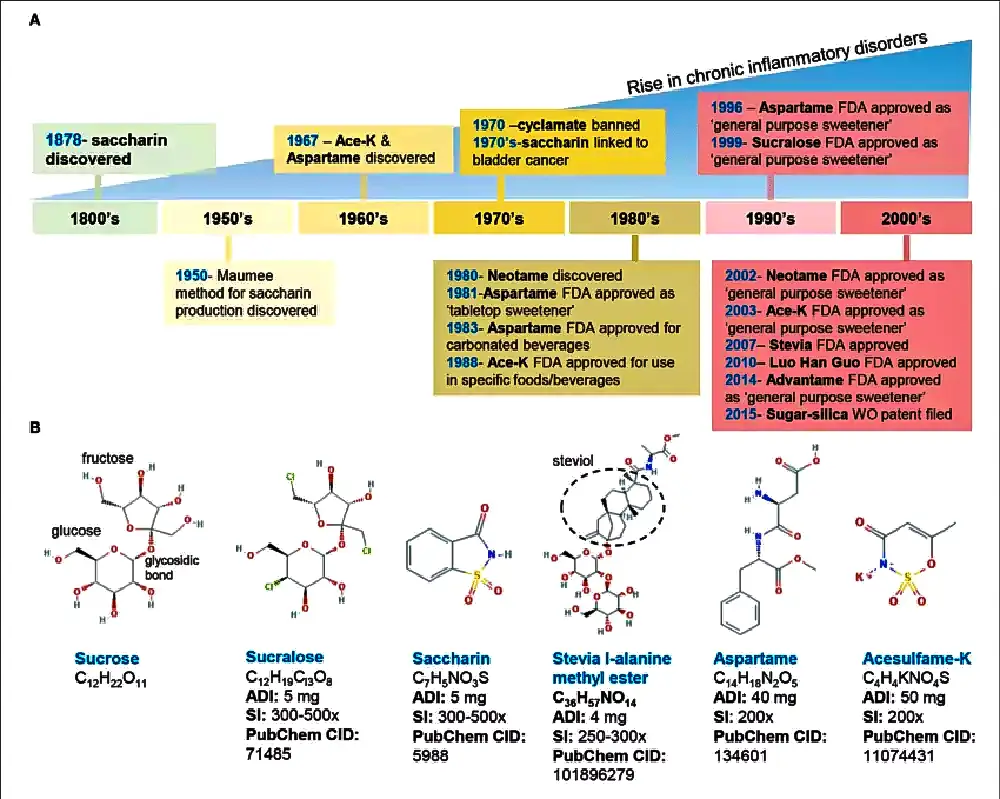
O Acesulfame-K vendido como um doce está ligado a uma dor de cabeça aguda e também a danos no ADN. Está provado que é clastogénico (agente mutagénico) e genotóxico em doses elevadas e tem causado tumores da tiróide em ratos.
O ciclamato vendido como gémeo de açúcar foi proibido há mais de 40 anos devido à ligação entre o cancro da bexiga em ratos e a atrofia testicular em ratos. Ainda é legal no Canadá e em muitos outros países.
A sacarina, descoberta por acidente enquanto se experimenta com derivados de alcatrão de carvão está ligada a náuseas, vómitos, diarreia, cancro nos descendentes de animais amamentados, baixo peso à nascença, cancro da bexiga nas pessoas, e hepatotoxicidade.
Sucralose discovered by accident while experimenting at Queen’s College in London while trying to formulate a new pesticide (e.g., Splenda) is linked to diarrhea, thymus shrinkage, and cecal enlargements in rats. It is a very strong migraine trigger.
Álcoois de açúcar como sorbitol e xilitol, ao contrário do eritritol, não são absorvidos, por isso fermentam no cólon e atraem líquido para dentro dele e podem ter um efeito laxante.
Ok, mas ainda há pessoas que querem provar algo doce mas têm diabetes, e para elas, normalmente, os substitutos do açúcar são um must na dieta.
Até que alguns novos estudos foram feitos, a crença comum recentemente era que os edulcorantes substitutos não nutritivos eram substitutos saudáveis do açúcar, porque fornecem um sabor doce sem calorias ou efeitos glicémicos, para que possam ser extremamente benéficos para as pessoas que têm diabetes. Contudo, os resultados de algumas investigações epidemiológicas descobriram que o consumo de alimentos artificialmente adoçados, principalmente em refrigerantes dietéticos, está associado a um risco acrescido de desenvolver obesidade, síndrome metabólica e, mais importante ainda, diabetes tipo 2.
The problem was that they were considered just to be chemicals that are “metabolically inactive” in the gut and that they just go truly out of the digestive system without promoting metabolic dysregulation.
Já mencionei que os alimentos artificialmente adoçados interferem com as respostas aprendidas que contribuem para os desejos de açúcar e controlo do apetite, mas também há mais uma coisa importante para todos, mas especialmente para as pessoas com diabetes que mais os utilizam.
Os edulcorantes artificiais têm efeitos metabólicos.
No presente estudo, por exemplo (Pepino et al., 2013) quando dão a indivíduos obesos a quantidade de sucralose encontrada numa lata de coca-cola zero, estes obtêm picos de açúcar no sangue significativamente mais elevados em resposta a um desafio de glucose. Quanto? Vinte por cento mais níveis de insulina no sangue mostram que a sucralose causa resistência à insulina. E não é só a sucralose. Neste estudo (Suez et al., 2014), testaram a sacarina (Sweet'N Low), o aspartame (Equal e NutraSweet) e a sucralose (Splenda) e descobriram que todos eles induzem a intolerância à glucose ao perturbarem o microbioma.
Eles alteram micróbios que vivem no nosso instinto.
If you eat artificial sweeteners, they will alter the bacteria that grow in your gut because they are hard to absorb, so they stay in your large intestine and ferment. Acesulfame-K was also tested and correlated with changes in gut bacteria. This is also important not just to people with diabetes but to other diseases that are correlated with the digestive system like inflammatory bowel diseases like ulcerative colitis and Crohn’s disease. For example, cyclamate was not metabolized when first time injected, and gut bacteria do not know what to do with it. However, after ten days, 75% of it will get metabolized by gut bacteria into cyclohexylamine, and if you stop eating it those bacteria that metabolize it dies back. Cyclohexylamine is very toxic, and the FDA banned it in 1969 but not in Canada and many other countries.
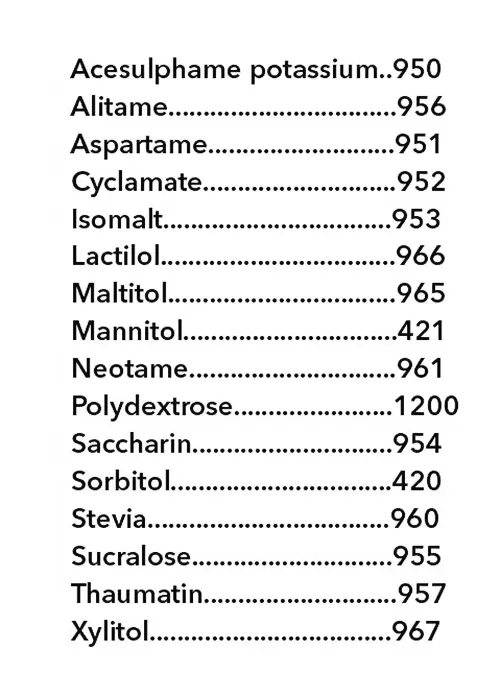
Então existe algum adoçante artificial que seja seguro?
Pensa-se que Stevia não é assim tão má porque inicialmente houve algumas pesquisas que mostraram que é totalmente inofensiva. Mais tarde descobriu-se que pode afectar o microbioma nas entranhas dos ratos. Fermenta-se numa substância chamada steviol que é mutagénica e causa danos no ADN. Os seres humanos têm as mesmas bactérias intestinais que fermentam o stevia. Quando comemos stevia, o steviol mutagénico é criado e absorvido na nossa corrente sanguínea.
A OMS considera 4mg por kg de peso corporal de stevia seguro para que se possa escapar com um item alimentar stevia-doce por dia.
Até agora, o único edulcorante artificial não tóxico pode ser o Erythritol.
Encontra-se naturalmente nas uvas, peras e melões, mas a levedura é utilizada na indústria para a sua produção. Como existe na natureza, temos de presumir que a comemos há milhões de anos, pelo que podemos ter alguma tolerância para com ela. É absorvido no intestino sem fermentação e não tem um efeito laxante. Parece que não interage com nada ou tem qualquer metabolismo na corrente sanguínea e é excretado inalterado na urina. Não se correlaciona com nenhuma doença, e pode até ser útil. Pode até ser na realidade um antioxidante que é ao mesmo tempo doce (den Hartog et al., 2010). O eritritol demonstrou ser um excelente eliminador de radicais livres (antioxidante) in vivo e pode ajudar a proteger contra os danos vasculares induzidos pela hiperglicemia (diabetes).
Para ser seguro se tiver diabetes e usar edulcorantes artificiais, use Erythritol.
Até agora, a ciência mostra que esta é a melhor opção. No estudo citado, foi demonstrado que o Erythritol protege a destruição oxidativa dos glóbulos vermelhos do agente. O eritritol quimicamente na estrutura parece muito semelhante ao manitol, um conhecido antioxidante. O problema com o manitol e outros edulcorantes derivados do álcool como o sorbitol ou xilitol é que não são absorvidos, ao contrário do eritritol.
Os únicos outros edulcorantes que são doces e têm propriedades antioxidantes ao mesmo tempo são os frutos.
A melhor prática a adoptar é que, se tiver um desejo de açúcar, basta comer a fruta inteira.
São adoçantes, mas ao mesmo tempo são nutritivos e saudáveis. Actualmente, vivemos numa sociedade globalizada em que a maioria de nós pode encontrar fruta fresca ou fruta congelada durante todo o ano. E também podemos utilizar frutos secos. É uma preferência de gosto. Nalguns casos em que isso não pode ser feito, por exemplo, se quiser adoçar o seu café, use eritritol.
O açúcar tâmara é o adoçante mais saudável actualmente e não é realmente açúcar, mas tâmaras secas inteiras pulverizadas em pó.
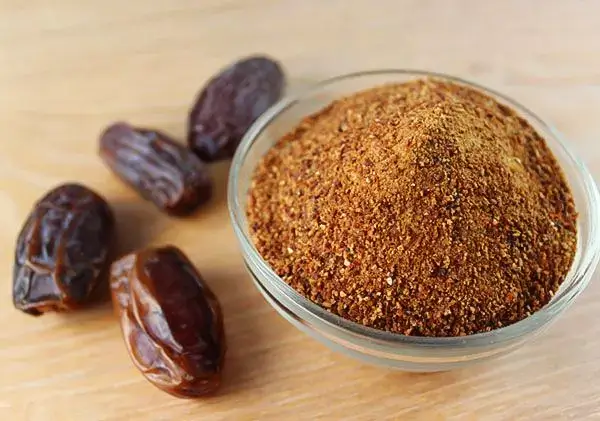
As tâmaras têm, em peso, 80% de açúcar, mas não estão relacionadas com efeitos negativos no aumento de peso e no controlo do açúcar no sangue e, na verdade, melhoram os níveis de stress antioxidante e a Hallawi é melhor do que a Medjool (Rock et al., 2009).
Porque as tâmaras ou outros frutos secos ou fruta natural contêm fibras, tem um efeito espessante. Se não for possível utilizar açúcar tâmara ou outro tipo de frutos secos para alguma receita e precisar de açúcar refinado, então utilizar xarope de malte de cevada ou melaço. O melaço está em segundo lugar.

Para compreender porque recomendo açúcar refinado com baixo teor de frutose, como xarope de cevada em vez de açúcar branco ou mel, pode ler um artigo relacionado (Açúcar Refinado Risco Para a Saúde Correlações- Compreender as Noções Básicas). Se não quiser engrossar o café ou o chá, por exemplo, então o Erythritol pode ser uma escolha.
Referências:
- Mattes R. (1990). Effects of aspartame and sucrose on hunger and energy intake in humans. Fisiologia e comportamento, 47(6), 1037–1044. https://doi.org/10.1016/0031-9384(90)90350-d
- Pepino, M. Y., Tiemann, C. D., Patterson, B. W., Wice, B. M., & Klein, S. (2013). Sucralose affects glycemic and hormonal responses to an oral glucose load. Cuidados com a diabetes, 36(9), 2530–2535. https://doi.org/10.2337/dc12-2221
- Suez, J., Korem, T., Zeevi, D., Zilberman-Schapira, G., Thaiss, C. A., Maza, O., Israeli, D., Zmora, N., Gilad, S., Weinberger, A., Kuperman, Y., Harmelin, A., Kolodkin-Gal, I., Shapiro, H., Halpern, Z., Segal, E., & Elinav, E. (2014). Os adoçantes artificiais induzem a intolerância à glicose, alterando a microbiota intestinal. Natureza, 514(7521), 181-186. https://doi.org/10.1038/nature13793
- den Hartog, G. J., Boots, A. W., Adam-Perrot, A., Brouns, F., Verkooijen, I. W., Weseler, A. R., Haenen, G. R., & Bast, A. (2010). Erythritol is a sweet antioxidant. Nutrição (Burbank, Los Angeles County, Califórnia)., 26(4), 449–458. https://doi.org/10.1016/j.nut.2009.05.004
- Rock, W., Rosenblat, M., Borochov-Neori, H., Volkova, N., Judeinstein, S., Elias, M., & Aviram, M. (2009). Effects of date ( Phoenix dactylifera L., Medjool or Hallawi Variety) consumption by healthy subjects on serum glucose and lipid levels and on serum oxidative status: a pilot study. Revista de química agrícola e alimentar, 57(17), 8010–8017. https://doi.org/10.1021/jf901559a
Publicações Relacionadas
Você tem alguma dúvida sobre saúde e nutrição?
Eu adoraria ouvir de você e respondê-las em meu próximo post. Agradeço sua contribuição e opinião e espero ouvir de você em breve. Eu também convido você a siga-nos no Facebook, Instagram e Pinterest para mais conteúdos sobre dieta, nutrição e saúde. Pode deixar um comentário e ligar-se a outros entusiastas da saúde, partilhar as suas dicas e experiências e obter apoio e encorajamento da nossa equipa e comunidade.
Espero que este post tenha sido informativo e agradável para si e que esteja preparado para aplicar os conhecimentos que aprendeu. Se achou este post útil, por favor partilhá-lo com os seus amigos e familiares que também possam beneficiar com isso. Nunca se sabe quem poderá precisar de alguma orientação e apoio no seu percurso de saúde.
– Você Também Pode Gostar –

Aprender Sobre Nutrição
Milos Pokimica é médico de medicina natural, nutricionista clínico, escritor de saúde e nutrição médica, e conselheiro em ciências nutricionais. Autor da série de livros Go Vegan? Revisão de Ciênciaopera também o website de saúde natural GoVeganWay.com
Medical Disclaimer
GoVeganWay.com traz análises das pesquisas mais recentes sobre nutrição e saúde. As informações fornecidas representam a opinião pessoal do autor e não pretendem nem implicam substituir aconselhamento, diagnóstico ou tratamento médico profissional. As informações fornecidas são apenas para fins informativos e não se destinam a servir como substituto para consulta, diagnóstico e/ou tratamento médico de um médico ou profissional de saúde qualificado.NUNCA DESCONSIDERE o CONSELHO MÉDICO PROFISSIONAL OU adiar a BUSCA de TRATAMENTO MÉDICO por causa DE ALGO QUE TENHA LIDO OU ACESSADO por MEIO de GoVeganWay.com
NUNCA APLIQUE QUAISQUER MUDANÇAS de estilo de VIDA OU QUALQUER MUDANÇA COMO UMA CONSEQUÊNCIA DE ALGO QUE TENHA LIDO NO GoVeganWay.com ANTES de CONSULTORIA de LICENÇA MÉDICA.
No caso de uma emergência médica, ligue para o médico ou para o 911 imediatamente. GoVeganWay.com não recomenda ou endossa qualquer específicos, grupos, organizações, exames, médicos, produtos, procedimentos, opiniões ou outras informações que podem ser mencionadas dentro.
Sugestões do Editor –
Milos Pokimica é médico de medicina natural, nutricionista clínico, escritor de saúde e nutrição médica, e conselheiro em ciências nutricionais. Autor da série de livros Go Vegan? Revisão de Ciênciaopera também o website de saúde natural GoVeganWay.com
Artigos Mais Recentes -
Planta De Notícias Com Base Em
-
Vegan Avocado Lime Ice Cream
on Junho 19, 2025
-
6 Vegan Chia Pudding Recipes
on Junho 19, 2025
-
Juicy Marbles & Friends Launches Plant-Based Cod Filet
on Junho 19, 2025
-
Vegans ‘More In Line’ With Nutritional Recommendations, Says Study
on Junho 19, 2025
-
How To Make Easy Homemade Tahini
on Junho 19, 2025
-
‘I Tried A Vegan Carnivore Diet – Here’s What It Was Like’
on Junho 18, 2025
-
What Is The Sugar Diet? The Truth Behind The Trend
on Junho 18, 2025
Superior De Saúde De Notícias — ScienceDaily
- Microscopic heist: How lung bacteria forge weapons to steal iron and surviveon Junho 19, 2025
Researchers investigating the enigmatic and antibiotic-resistant Pandoraea bacteria have uncovered a surprising twist: these pathogens don’t just pose risks they also produce powerful natural compounds. By studying a newly discovered gene cluster called pan, scientists identified two novel molecules Pandorabactin A and B that allow the bacteria to steal iron from their environment, giving them a survival edge in iron-poor places like the human body. These molecules also sabotage rival bacteria […]
- How can we make fewer mistakes? US Navy invests $860k in placekeepingon Junho 19, 2025
With $860K in Navy funding, MSU psychologists are developing tools to spot people who can handle complex tasks under pressure. The key? Mastering “placekeeping” staying focused and accurate even when sleep-deprived or interrupted.
- AI sniffs earwax and detects Parkinson’s with 94% accuracyon Junho 18, 2025
Imagine diagnosing Parkinson s disease not with pricey scans or subjective checklists, but with a simple ear swab. Scientists in China have developed a promising early screening method that detects Parkinson s from subtle changes in the scent of ear wax yes, really. By analyzing specific volatile compounds in ear wax and feeding that data into an AI-powered olfactory system, they achieved 94% accuracy in identifying who had the disease. If expanded successfully, this low-cost, non-invasive […]
- This tiny patch could replace biopsies—and revolutionize how we detect canceron Junho 17, 2025
A new nanotechnology breakthrough may soon eliminate the need for painful biopsies. Scientists have developed a patch filled with nanoneedles thinner than a human hair that can painlessly extract molecular data from tissues without removing or damaging them. This enables real-time disease monitoring, particularly for conditions like brain cancer and Alzheimer s, and could radically change how doctors diagnose and track disease. The patch works quickly, integrates with common medical tools, and […]
- MIT uncovers the hidden playbook your brain uses to outsmart complicated problemson Junho 17, 2025
When faced with a tricky maze task involving hidden information, humans instinctively toggle between two clever mental strategies: simplifying in steps or mentally rewinding. MIT researchers showed that people shift methods based on how reliable their memory is echoed by AI models mimicking the same constraints.
- Black coffee, longer life: The science behind your morning perkon Junho 17, 2025
Coffee might be doing more than fueling your morning routine it could be extending your life. A large-scale study by Tufts University suggests that drinking one to three cups of caffeinated coffee daily is associated with lower overall mortality, particularly from cardiovascular causes. But there s a catch: the benefits drop when sugar and saturated fats like cream are added in excess.
- The invisible killer: PM 1 pollution uncovered across Americaon Junho 16, 2025
A groundbreaking 25-year analysis using satellite technology has now mapped PM 1 levels across the U.S., uncovering how wildfires, vehicle emissions, and industrial byproducts have shaped the air we breathe. Although regulations have improved air quality over time, rising wildfire activity poses a growing challenge. This new dataset gives scientists and regulators a vital tool for targeting the most harmful pollutants and protecting public health.
PubMed, #vegan-dieta –
- Dietary pattern and nutritional assessment in a cohort of mothers identified by neonatal screening for cobalamin deficiency in offspring: an Italian single center experienceon Junho 19, 2025
During pregnancy, nutrient requirements increase while deficiencies can significantly affect pregnancy outcomes. Deficiencies may result from inadequate dietary intake, impaired absorption, or restrictive diets. This study aimed to retrospectively assess the nutritional status and dietary intakes in a cohort of mothers whose newborns were identified with vitamin B12 deficiency of maternal origin through Newborn Screening. Between 2021 and 2024, 107 newborn-mother dyads with altered biomarkers […]
- Intermittent fasting strategies and their effects on body weight and other cardiometabolic risk factors: systematic review and network meta-analysis of randomised clinical trialson Junho 18, 2025
CONCLUSIONS: Minor differences were noted between some intermittent fasting diets and continuous energy restriction, with some benefit of weight loss with alternate day fasting in shorter duration trials. The current evidence provides some indication that intermittent fasting diets have similar benefits to continuous energy restriction for weight loss and cardiometabolic risk factors. Longer duration trials are needed to further substantiate these findings.
- Plant-Based Diet and Risk of Iron-deficiency Anemia. A Review of the Current Evidence and Implications for Preventive Strategieson Junho 17, 2025
PURPOSE OF REVIEW: This review provides a comprehensive overview of iron metabolism, emphasizing the influence of dietary patterns-particularly vegetarian and vegan diets-on iron status and associated health outcomes.
- Protein Intake and Protein Quality Patterns in New Zealand Vegan Diets: An Observational Analysis Using Dynamic Time Warpingon Junho 13, 2025
Background/Objectives: Inadequate intake of indispensable amino acids (IAAs) is a significant challenge in vegan diets. Since IAAs are not produced or stored over long durations in the human body, regular and balanced dietary protein consumption throughout the day is essential for metabolic function. The objective of this study is to investigate the variation in protein and IAA intake across 24 h among New Zealand vegans with time-series clustering, using Dynamic Time Warping (DTW). Methods:…
- Diet and nutrition in cardiovascular disease prevention: a scientific statement of the European Association of Preventive Cardiology and the Association of Cardiovascular Nursing & Allied Professions…on Junho 12, 2025
What we eat is a cornerstone of cardiovascular disease (CVD) prevention, but health professionals may not have a clear understanding of the current evidence-based research to underpin eating habits and recommendations. This study aims to appraise existing evidence-based research on the importance of diet on CVD risk biomarkers, specifically, the effects of dietary patterns, specific foods, and constituents including vitamins/minerals and plant-derived bioactive compounds on CVD risk. […]
Postagens aleatórias –
Postagens em destaque –

Últimas do PubMed, #dieta baseada em vegetais –
- Specialist Savvy Versus Generalist Grit: Elucidating the Trade-Offs in Adaptive Dietary Ecomorphology Amongst African Green and Bush Snakespor Hanlie M Engelbrecht on Junho 19, 2025
Kinetic feeding bones of macrostomatan Afrophidian snakes enable them to consume diverse prey types. While significant research has focused on functional feeding morphology in snakes, it often emphasizes broad taxonomic comparisons or species with distinct dietary ecologies. There is limited knowledge of how small variations in prey type composition may influence feeding morphology among closely related species sharing similar ecological niches. African Green and Bush Snakes (Philothamnus) […]
- Chia (Salvia hispanica L.) Seed Oil Supplementation to the Diet: Effects on in Vitro Rumen Fermentation Characteristics and Lipid Biohydrogenationpor Selma Büyükkılıç Beyzi on Junho 19, 2025
The study investigated the effects of chia seed oil supplementation on the diet with different levels of in vitro ruminal biohydrogenation and fermentation. The treatment groups were control (no additional oil) or the addition of 10, 20 and 30 g/kg of chia seed oil in the diet as DM based. The treatment groups were incubated using a batch culture technique, and the fermentation terminated after 6, 12, and 24 h. The biohydrogenation rate of unsaturated fatty acids varied between 71% and 98% […]
- Plant-based milk alternatives: can they replace the iodine from UK cow’s milk?por Katie Nicol on Junho 18, 2025
Current food systems pose risks to both population and environmental health. Reducing the intake of animal-based foods, such as dairy products, and increasing consumption of plant-based foods align with priorities for addressing climate change and promoting overall health. Plant-based alternatives to cow’s milk can be readily substituted for cow’s milk without altering meal patterns and food habits, making them a popular choice among those reducing animal-product consumption. However,…
- Diet quality, unprocessed plant-based foods, and vascular function in adults with CKD: Secondary analysis of a pilot randomized clinical trialpor Luis Perez on Junho 18, 2025
CONCLUSION: Despite overall low diet quality, higher consumption of unprocessed, plant-based energy and nutrients was associated with lower arterial stiffness. Future studies are needed to explore these associations in larger cohorts with CKD and the effects of diet quality interventions.
- Biaxial testing and sensory texture evaluation of plant-based and animal deli meatpor Skyler R St Pierre on Junho 18, 2025
Animal agriculture is one of the largest contributors to global carbon emissions. Plant-based meats offer a sustainable alternative to animal meat; yet, people are reluctant to switch their diets and spending habits, in large part due to the taste and texture of plant-based meats. Deli meat is a convenient form of protein commonly used in sandwiches, yet little is known about its material or sensory properties. Here we performed biaxial testing with multiple different stretch ratios of four…
- Intermittent fasting strategies and their effects on body weight and other cardiometabolic risk factors: systematic review and network meta-analysis of randomised clinical trialspor Zhila Semnani-Azad on Junho 18, 2025
CONCLUSIONS: Minor differences were noted between some intermittent fasting diets and continuous energy restriction, with some benefit of weight loss with alternate day fasting in shorter duration trials. The current evidence provides some indication that intermittent fasting diets have similar benefits to continuous energy restriction for weight loss and cardiometabolic risk factors. Longer duration trials are needed to further substantiate these findings.
